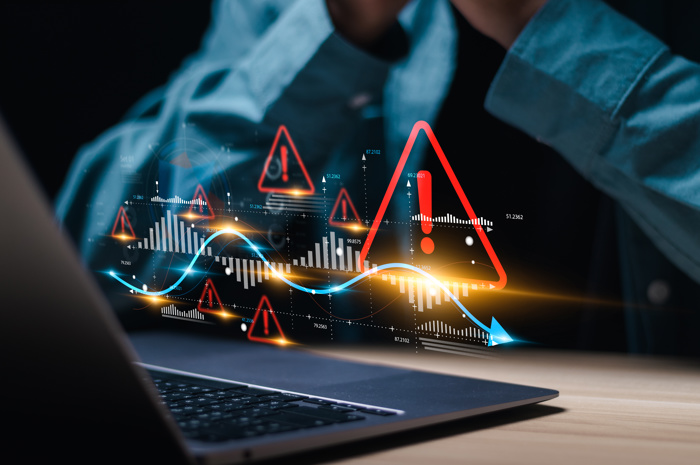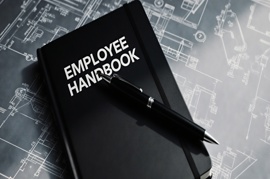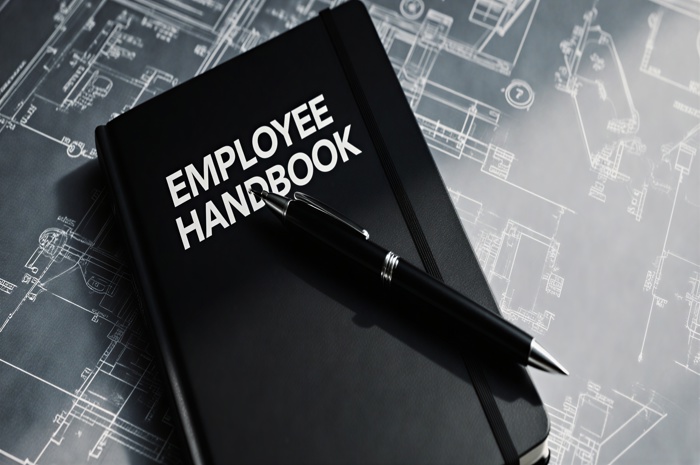What is AML?
Anti-Money Laundering (AML) refers to the laws, procedures and regulations designed to prevent illegally obtained money from being disguised at legitimate income, which helps protect the integrity of the financial system and deter financial crime.
So, what is money laundering? It’s an illegal activity, where criminals earn huge sums of cash through criminal activities such as drug trafficking or terrorist funding and attempt to disguise the origin of those funds to make them appear legitimate. Money can be laundered by criminals in a number of different ways, but let’s discuss the three common phases:
1. Placement - involves initially depositing the illegal funds into some legitimate financial institutions.
2. Layering - involves moving money through multiple complex transactions to obscure its origin, making it difficult for authorities to trace back to the source. Examples of layering include: transferring funds between several banks, or between accounts within the same institution, investing in real estate or property, use of shell companies, electronically transferring funds between countries.
3. Integration - this final phase of the laundering process, where the now ‘cleaned’ money is reintroduced into the legitimate economy through businesses or investments. At this point, the funds appear to be legally obtained and can be freely used. Common methods of integration include investing in legitimate businesses, purchasing high-value goods such as jewellery, vehicles, or artwork and making real estate investments.
To effectively combat money laundering, financial institutions carry out a series of AML checks. These checks help identify suspicious activities early and ensure compliance with regulations to protect the financial system.
AML Compliance and Regulatory Context:
The Financial Conduct Authority (FCA) and the National Crime Agency (NCA) enforce AML regulations in the UK. They ensure that financial institutions and businesses carry out proper checks to prevent money laundering and terrorist financing. Failure to comply can lead to serious penalties, including fines and legal action, as well as the risk of firms suffering reputational damage and losing customer trust.
As you can imagine, AML checks are crucial in verifying the identity of individuals and assessing whether they are involved in money laundering activities. Businesses - especially those in the financial and legal sectors are legally required to carry out these AML checks to comply with regulations and protect the financial system.
One of the core components of AML checks is KYC, Know Your Customer, which is the process used by businesses and financial institutions to verify the identity of individuals and help assess potential risks of illegal intentions such as money laundering, fraud or terrorist financing. KYC is also important because it helps businesses check that customers are who they claim to be before establishing a business relationship.
Examples of KYC checks & processes:
1. Identity verification - check through official government-issued ID documents (passport, driving license, national ID cards.
2. Biometric data – fingerprints, facial recognition, iris scans to ensure the person present is the same individual shown in their ID.
3. Address confirmation – verify the customer’s proof of address by checking recent utility bills, bank/credit statements, mortgage statement.
4. Ongoing monitoring – keeping watch over customer’s activity over time and looking for transactions or patterns that may indicate suspicious behaviour.
5. Sanctions and watchlist checks – screening customers against international sanctions lists and databases to ensure you are not dealing with individuals, companies, or countries under legal restrictions due to activities like terrorism, corruption, or human rights violations.
Customer Due Diligence:
Customer Due Diligence (CDD) goes a step further by assessing the customer’s risk level. It means collecting more detailed information about the customer’s background, their source of funds, the nature of their business or relationship with you and the purpose of their transactions. CDD is an essential part of Anti-Money Laundering (AML) compliance.
There are different types of CDD:
1. Simplified Due Diligence – applied to customers that are deemed as low risk, with minimal checks.
2. Standard Due Diligence – standard due diligence applied to most customers.
3. Enhanced Due Diligence – applied to high-risk customers, Politically Exposed Persons (PEPS) who may be more vulnerable to corruption risks; non-residential or foreign customers; customers connected to high-risk industries (like casinos, cryptocurrency trading, precious metals and stones); and customers from high-risk countries known for high corruption levels or weak AML controls.
Ongoing Monitoring and Technology:
Ongoing monitoring means keeping a close watch on customer transactions to spot any abnormal or suspicious activity. Most businesses now use automated systems and Artificial Intelligence (AI) to review transactions in real time, flagging anything that looks unusual or goes over any set limits. These tools don’t just improve accuracy, but they also speed up the process significantly, which proves to be advantageous since it allows for quicker detection of any suspicious activities - helping to stop them before they escalate or funds are untraceable. It also involves updating a customer’s risk profile if new information pops up or their behaviour changes. Using technology in this way helps businesses act quickly on potential risk and stay compliant with rules and regulations.
Effective AML and KYC measures go beyond legal compliance - they help detect and prevent financial crime before it can cause serious damage. With the right process and technology in place, business can quickly identify risks, protect themselves and their customers, and play their part in beating criminal activity.
This article is information only and has been prepared for general guidance on matters of interest only, and does not constitute legal, accounting, tax, investment or other professional advice or services. You should not act upon the information contained in this article without obtaining specific professional or legal advice. No representation or warranty (express or implied) is given as to the accuracy or completeness of the information contained in this article, and, to the extent permitted by law, Comdal Limited, its members, employees and agents do not accept or assume any liability, responsibility or duty of care for any consequences of you or anyone else acting, or refraining to act, in reliance on the information contained in this publication or for any decision based on it.





















